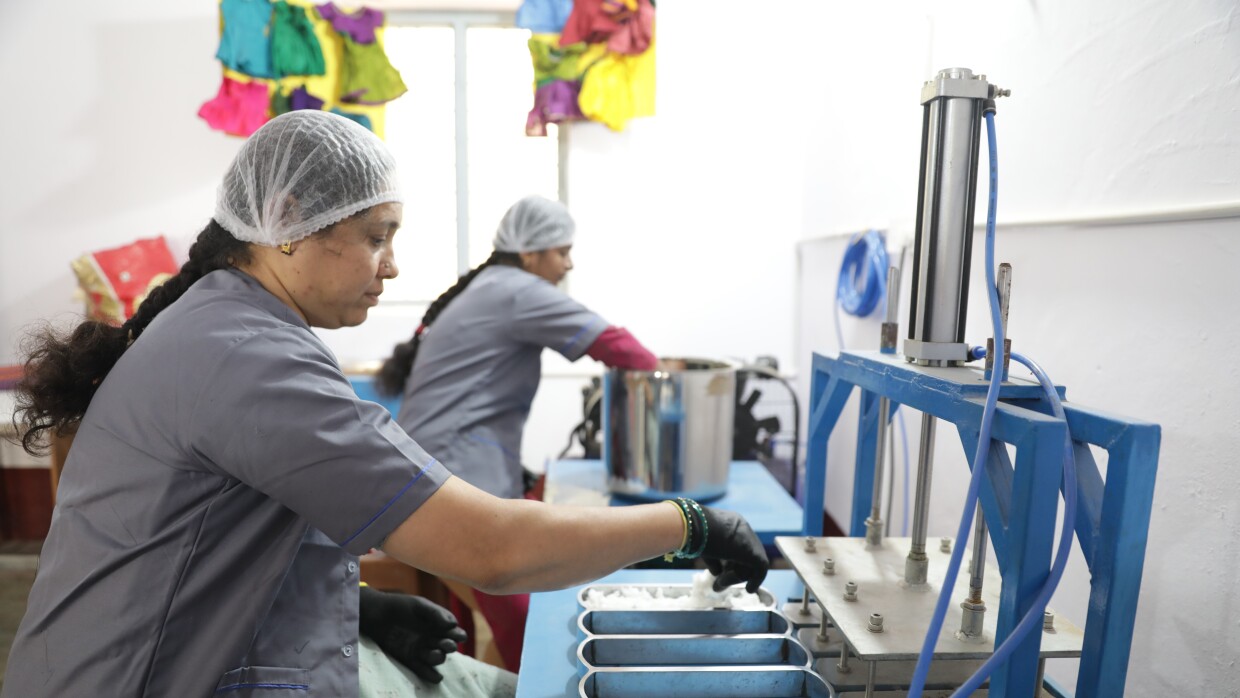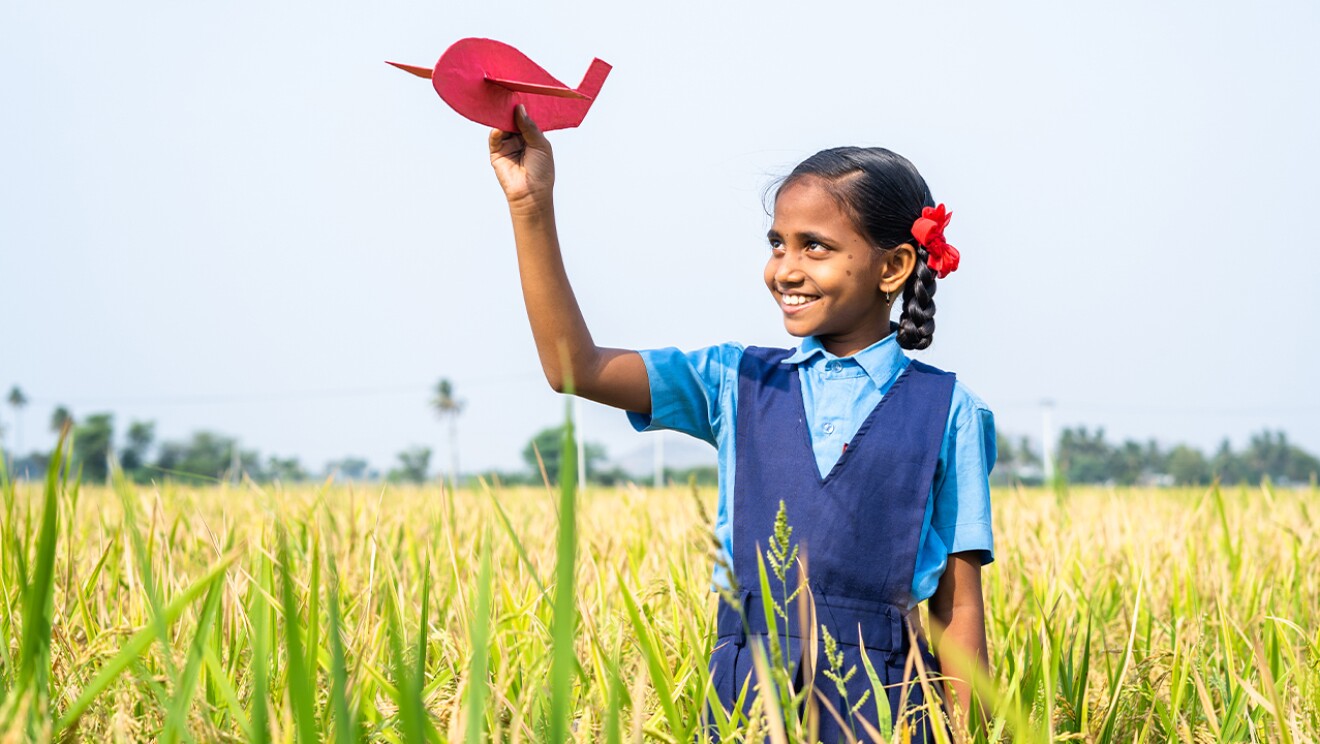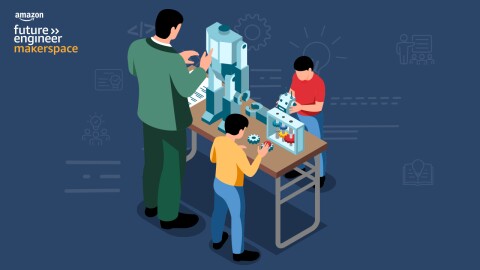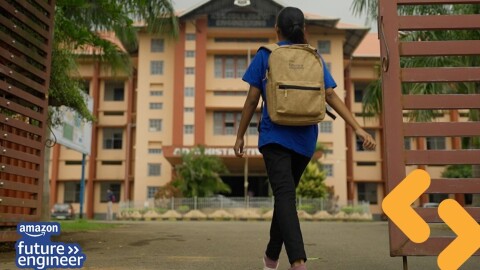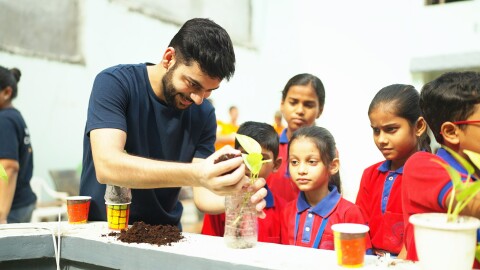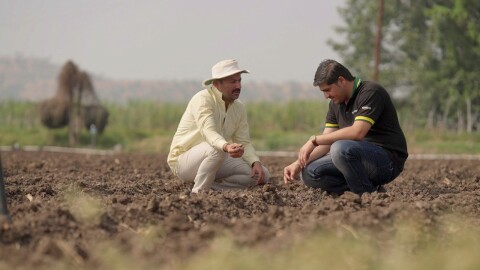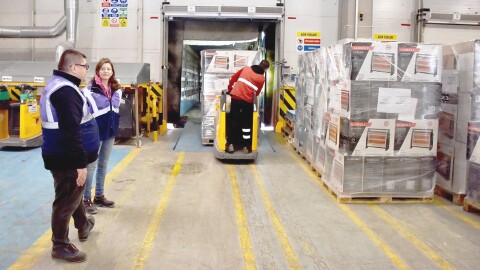Amazon India has launched a state-of-the-art sanitary napkin production unit in Kolkata as part of its commitment to health and hygiene, along with empowering women in the community. The unit, which has been set up in partnership with a local panchayat self-help group for women, also promotes scalable livelihood opportunities among women in the nearby communities. The unit has the capacity to produce 1,200 sanitary pads per hour. Besides Kolkata, Amazon already has sanitary napkin units in Hyderabad and Mumbai.
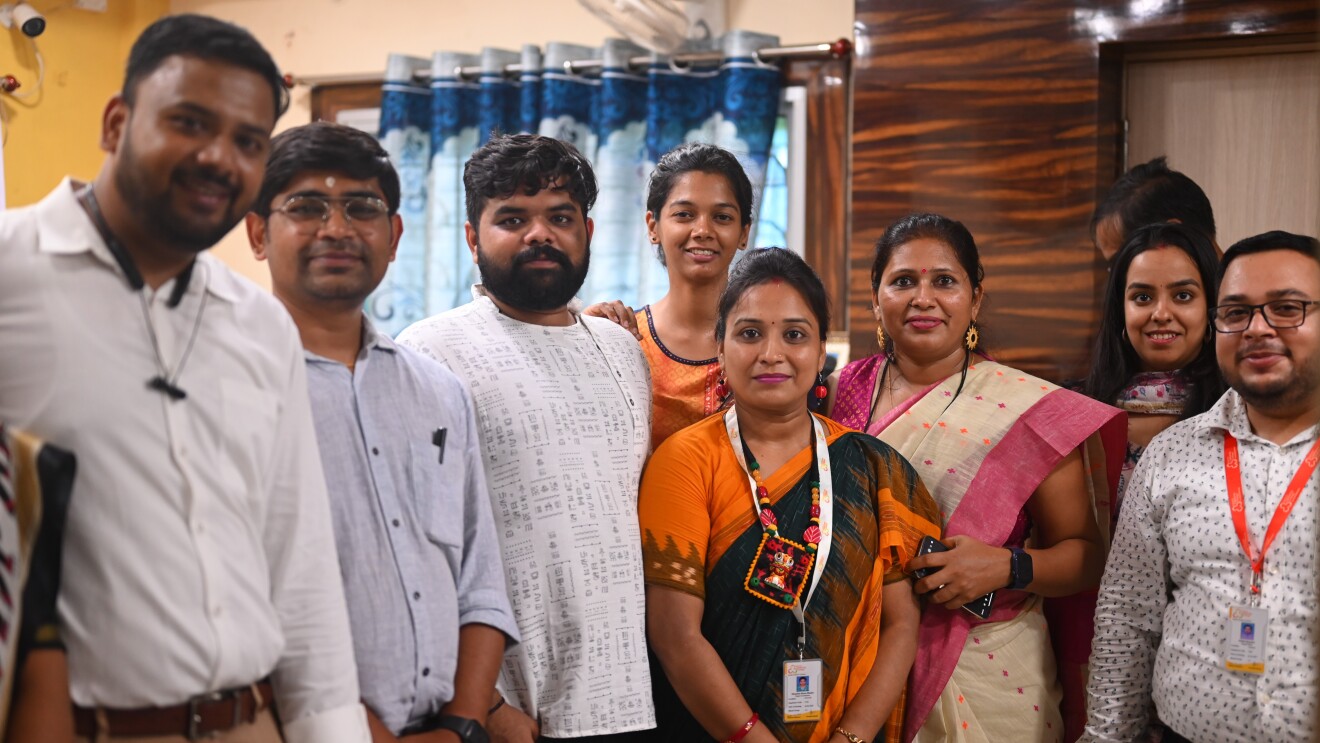
Transforming lives and communities in West Bengal
The seeds for Amazon’s menstrual hygiene initiative in West Bengal were sown back in 2020 when the company launched a community resource centre at Chandripur village in Howrah’s Ulluberia, focusing on education, health and women empowerment. A Village Level Organization (VLO) comprising women from the community was formed and a sanitary pad bank was established. These women from the VLO have now been trained to operate the advanced sanitary napkin production unit.
Dependent homemaker to entrepreneur
A case in point is Sakhi Pramanik, a VLO member, who journeyed from being a homemaker to an entrepreneur. She always wanted to contribute to her family's expenses. When she came across an opportunity through Amazon India’s initiative for women, she decided to overcome societal barriers and join the Village Level Organisation (VLO).
I am glad that I decided to be part of this initiative, where I have learned to sew and make jewellery. This gave me immense confidence, which led me to start my own ornament business. I am grateful to Amazon India for my journey from a homemaker to an entrepreneur.
She is really grateful to Amazon India’s community engagement initiatives for her transformation journey. She is excited about the positive impact the newly launched sanitary napkin production unit will bring in her community.
“At Amazon India, we remain committed to build capacities of communities living in the vicinity of Amazon’s Fulfillment Centers, Sortation Centers and Delivery Stations across the country,” says Liju Thomas, Director – People Experience and Technology (PXT), India Operations, Amazon.
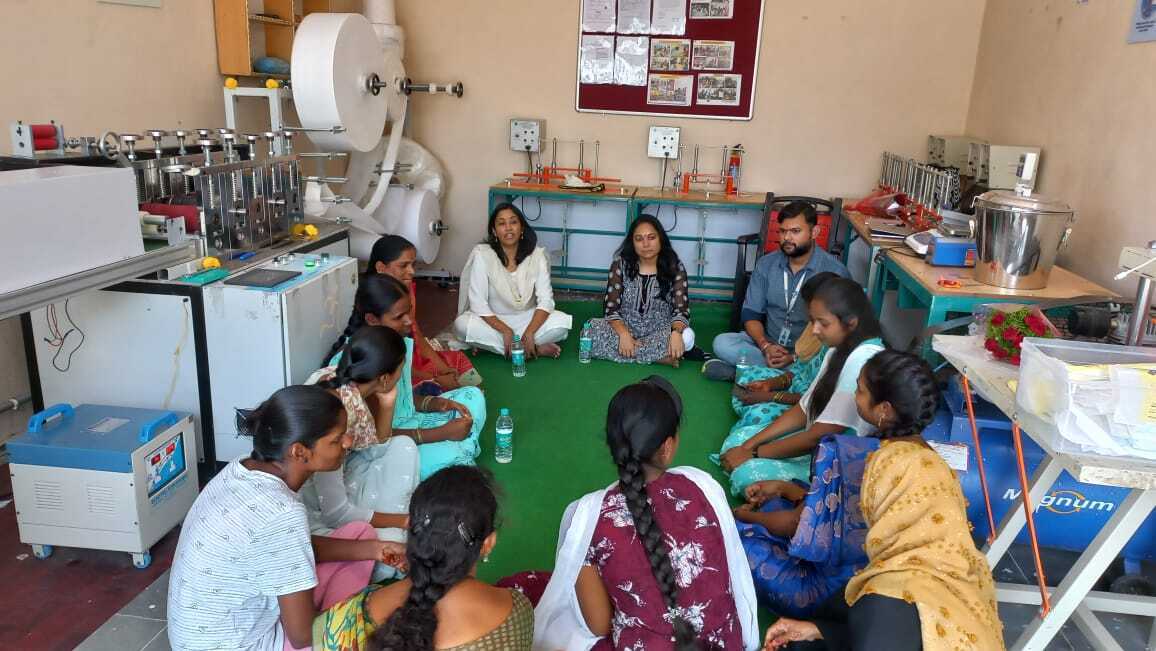
Creating impact on Menstrual Hygiene Day
Amazon has been working to improve menstrual hygiene in India through a slew of initiatives. On the occasion of the recently concluded Menstrual Hygiene Day, Amazon India conducted health and hygiene awareness sessions with more than 2,000 community women across different locations such as Kolkata, Bangalore, Hyderabad, Vishakhapatnam and Delhi.
Through Amazon India’s various community engagement initiatives, we aim to empower the community members across different areas like health and hygiene, education, women empowerment, skilling & livelihoods, and, environment. This new initiative for Menstrual Hygiene Management in Kolkata is significant and will enable women in the region with a scalable livelihood option.
Being a good neighbour
In 2014, Amazon India began a community engagement program with the intent of being a ‘good neighbour’ to communities living in the vicinity of Amazon’s fulfillment centres, sortation centres and last mile stations. Amazon India works with local and regional NGOs and non-profit organisations to build capacities of communities and empower community members. For communities associated with Amazon’s delivery stations, road safety, environment and health are of prime importance. Amazon India’s core areas of focus for communities associated with fulfilment network sites are health and hygiene, education, women empowerment, skilling & livelihoods, and the environment.


